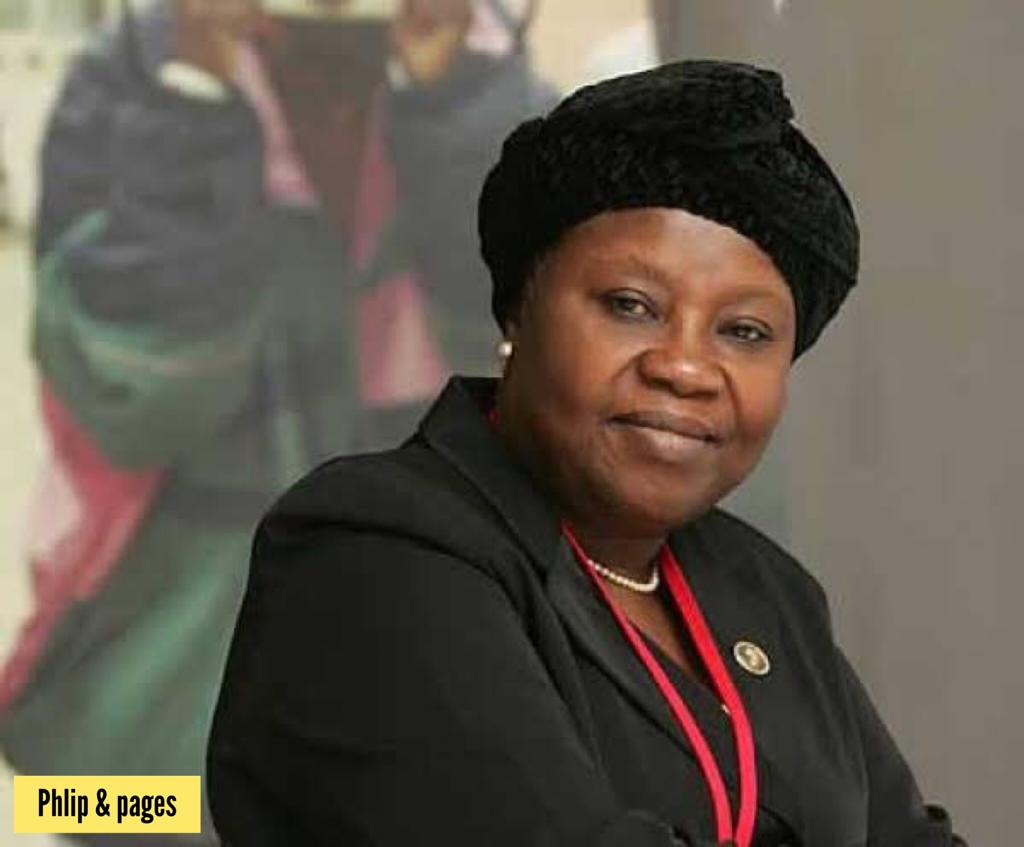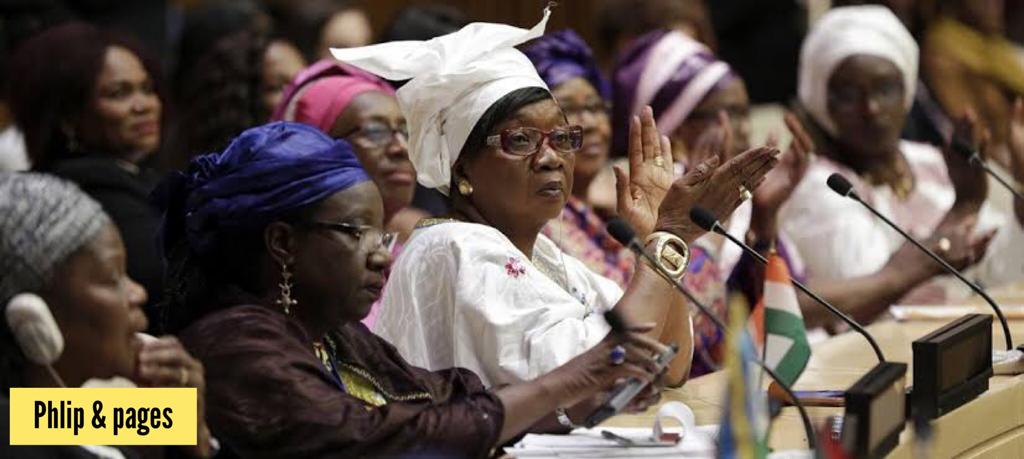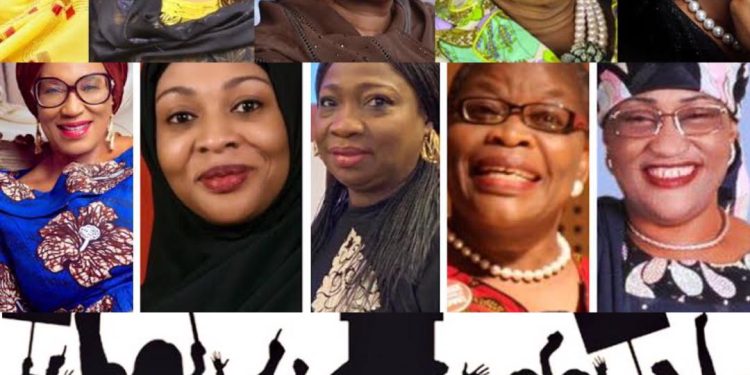The role of women in Nigerian politics has been a topic of discussion for many years. Women’s representation in political leadership positions remains low, with only a few women occupying top political offices.
Breaking Barriers:
However, there have been some notable successes in recent years that are breaking barriers and driving change. One significant achievement is the appointment of Nigeria’s first female Chief Justice, Justice Aloma Mukhtar. This appointment demonstrates the progress being made towards gender equality and increased participation of women in decision-making processes at the highest levels.

Another area where women are making strides is through grassroots activism aimed at bringing about change from the bottom-up. Women-led organizations such as Women Arise for Change Initiative (WACI) or National Association of Nigerian Female Students (NANFS), among others, are working tirelessly to promote gender equality & inclusion while promoting sustainable socio-economic transformation benefiting individuals communities alike reflective changing realities emerging ahead us all around today too!
Driving Change:

Moreover, there have also been efforts to increase women’s participation in electoral processes across country resulting larger number females contesting elections recently held nationally thereby increasing their chances winning reflecting deeper structural changes underway within governance structures nationwide! There is growing recognition amongst politicians civil society groups alike about importance empowering more capable competent professionals enter into political system thereby creating level playing field conducive towards sustainable socio-economic transformation benefiting individuals communities alike reflective changing global trends emerging ahead us all around today too!
Challenges:
Despite these achievements and efforts towards greater inclusion of women in politics, challenges remain on ground facing them including patriarchal attitudes prevalent throughout societal norms pervasive corruption practices bedeviling entire nation posing threat peace stability further impeding development outcomes negatively especially amongst poorest segments society whilst benefiting only few at top echelons pyramid leaving majority deprived off opportunities bring about positive changes within their communities reflected through higher poverty rates low human development indices observed nationwide! These challenges must be tackled head-on through effective policies programs aimed at promoting gender equality & inclusion thereby empowering women to take up leadership positions within governance structures reflective changing realities emerging ahead us all around today too!
In conclusion, the progress being made towards greater inclusion of women in Nigerian politics is commendable. However, more needs to be done to break down barriers and promote gender equality in political leadership. The efforts of grassroots organizations and female activists are critical in driving change from the bottom-up while creating level playing field conducive towards sustainable socio-economic transformation benefiting individuals communities alike reflective changing global trends emerging ahead us all around today too!
















